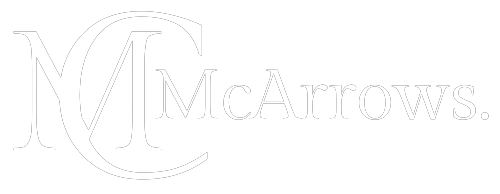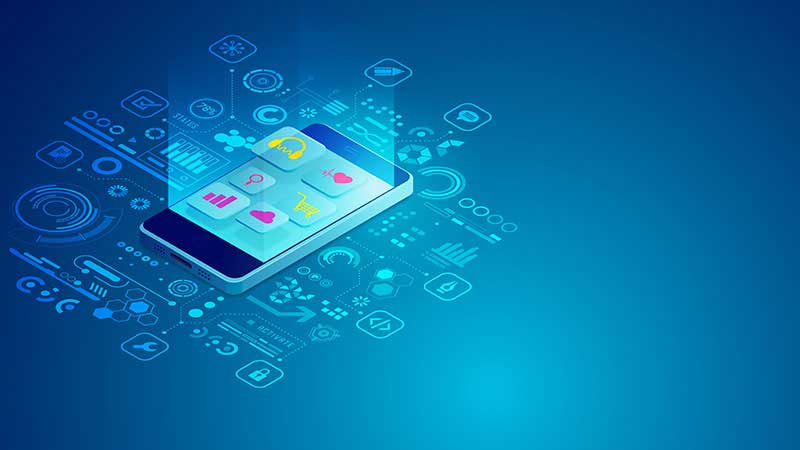In the era of digital transformation, the healthcare industry is not left behind. One of the pivotal advancements in modern healthcare is the adoption of Electronic Health Records (EHRs). Understanding what an EHR is and why it is important can significantly impact both healthcare providers and patients.
Table of Contents
What is an EHR?
An Electronic Health Record (EHR) is a digital version of a patient’s paper chart. It is a real-time, patient-centered record that makes information available instantly and securely to authorized users. EHRs are designed to go beyond standard clinical data collected in a provider’s office and can include a broader view of a patient’s care.
Key Features of EHRs
- Comprehensive Information: EHRs consolidate all patient information, including medical history, diagnoses, medications, treatment plans, immunization dates, allergies, radiology images, and laboratory test results.
- Real-Time Data: Updates occur in real-time, ensuring that healthcare providers have the most current data available.
- Interoperability: EHRs are designed to share information with other healthcare providers and organizations, enabling coordinated and efficient care.
- Security: EHR systems incorporate advanced security measures to protect sensitive patient information from unauthorized access.
Key Components of EHR
- Patient Management: Information regarding patient demographics, scheduling, and management.
- Clinical Data: Medical history, treatment plans, and progress notes.
- Lab Integration: Access to lab results and radiology images.
- Medication Management: Detailed medication lists, prescribing, and monitoring.
- Billing and Coding: Integrated billing systems for efficient financial management.
- Reporting and Analytics: Tools for generating reports and analyzing patient data.
How do EHRs Work?
EHRs work by collecting data from various sources, including patient visits, lab results, and medical imaging. This data is stored in a secure digital format and can be accessed by authorized healthcare providers. EHR systems often use cloud storage and incorporate interoperability standards to facilitate the exchange of information across different healthcare systems.
Benefits of EHRs for Patients
- Improved Care Coordination: EHRs facilitate better communication among healthcare providers, which reduces the risk of errors and ensures cohesive care.
- Enhanced Safety: Features like automated reminders for vaccinations and screenings help ensure that patients receive timely and appropriate care.
- Access to Records: Patients can easily access their health records online, making it simpler to track health progress, manage appointments, and engage in their own care.
- Efficient Care: EHRs reduce the need for duplicate tests and procedures, saving time and reducing healthcare costs.
Benefits of EHRs for Healthcare Providers
- Increased Efficiency: EHRs streamline administrative tasks, allowing providers to focus more on patient care rather than paperwork.
- Better Documentation: EHRs provide accurate and thorough documentation, which can lead to better diagnosis and treatment outcomes.
- Compliance and Reporting: EHRs assist in meeting regulatory requirements and facilitate efficient reporting of healthcare metrics.
- Revenue Management: EHRs improve billing processes and reduce claim denials, ensuring better financial health for healthcare providers.
Challenges and Considerations of EHRs
- Implementation Costs: The initial setup and ongoing maintenance of EHR systems can be expensive.
- Training Requirements: Staff must be adequately trained to use EHR systems effectively, which requires time and resources.
- Data Security: Protecting sensitive patient information from cyber threats is a significant concern.
- Interoperability Issues: Ensuring that different EHR systems can communicate and share information seamlessly can be challenging.
Future Trends in EHR
- Artificial Intelligence: Integrating AI to enhance predictive analytics and decision-making support.
- Telehealth Integration: Seamless incorporation of telehealth services within EHR systems.
- Patient-Centric Enhancements: More tools for patient engagement and self-management.
- Blockchain Technology: Using blockchain for enhanced data security and integrity.
- Personalized Medicine: Leveraging EHR data to support personalized treatment plans.
How Can McArrows Help You with EHR Solutions?
McArrows is a leading provider of EHR solutions, offering a comprehensive suite of services designed to help healthcare providers effectively implement and utilize EHR systems.
Comprehensive EHR Implementation
McArrows provides end-to-end support for EHR implementation, ensuring a smooth transition from paper records or outdated systems to a modern, efficient EHR system.
Customizable EHR Systems
Understanding that each healthcare facility has unique needs, McArrows offers customizable EHR solutions that can be tailored to meet specific requirements, enhancing functionality and usability.
Training and Support
To ensure that healthcare providers and staff are proficient in using the new EHR system, McArrows offers extensive training programs and ongoing support. This includes hands-on training sessions, user manuals, and 24/7 customer support.
Data Migration and Security
McArrows specializes in secure data migration, ensuring that all patient records are transferred safely and accurately to the new EHR system. They implement robust security measures to protect sensitive health information from breaches and unauthorized access.
Interoperability Solutions
McArrows’ EHR solutions enable seamless interoperability, allowing efficient data exchange between different systems and healthcare settings. This ensures that patient information is easily accessible wherever it is needed.
Compliance and Reporting
McArrows helps healthcare providers stay compliant with regulatory standards and improve their reporting capabilities. Their EHR systems are designed to meet all necessary healthcare regulations and make it easy to generate and submit required reports.
Continuous Improvement and Updates
The healthcare landscape is continually evolving, and so are EHR technologies. McArrows ensures that your EHR system is always up-to-date with the latest features and improvements, helping you stay ahead in delivering quality care.
Conclusion
Electronic Health Records are revolutionizing the healthcare industry by providing numerous benefits to both patients and providers. By adopting EHR solutions, healthcare facilities can improve patient care, enhance operational efficiency, and stay compliant with regulatory requirements. McArrows stands out as a trusted partner in this journey, offering comprehensive, customizable, and secure EHR solutions tailored to meet the unique needs of healthcare providers.

CEO, McArrows
Leverages over seven years in tech to propel the company forward. An alumnus of Purdue and Amity, his expertise spans IT, healthcare, aviation, and more. Skilled in leading iOS and backend development teams, he drives McArrows’ technological advancements across diverse industries.








